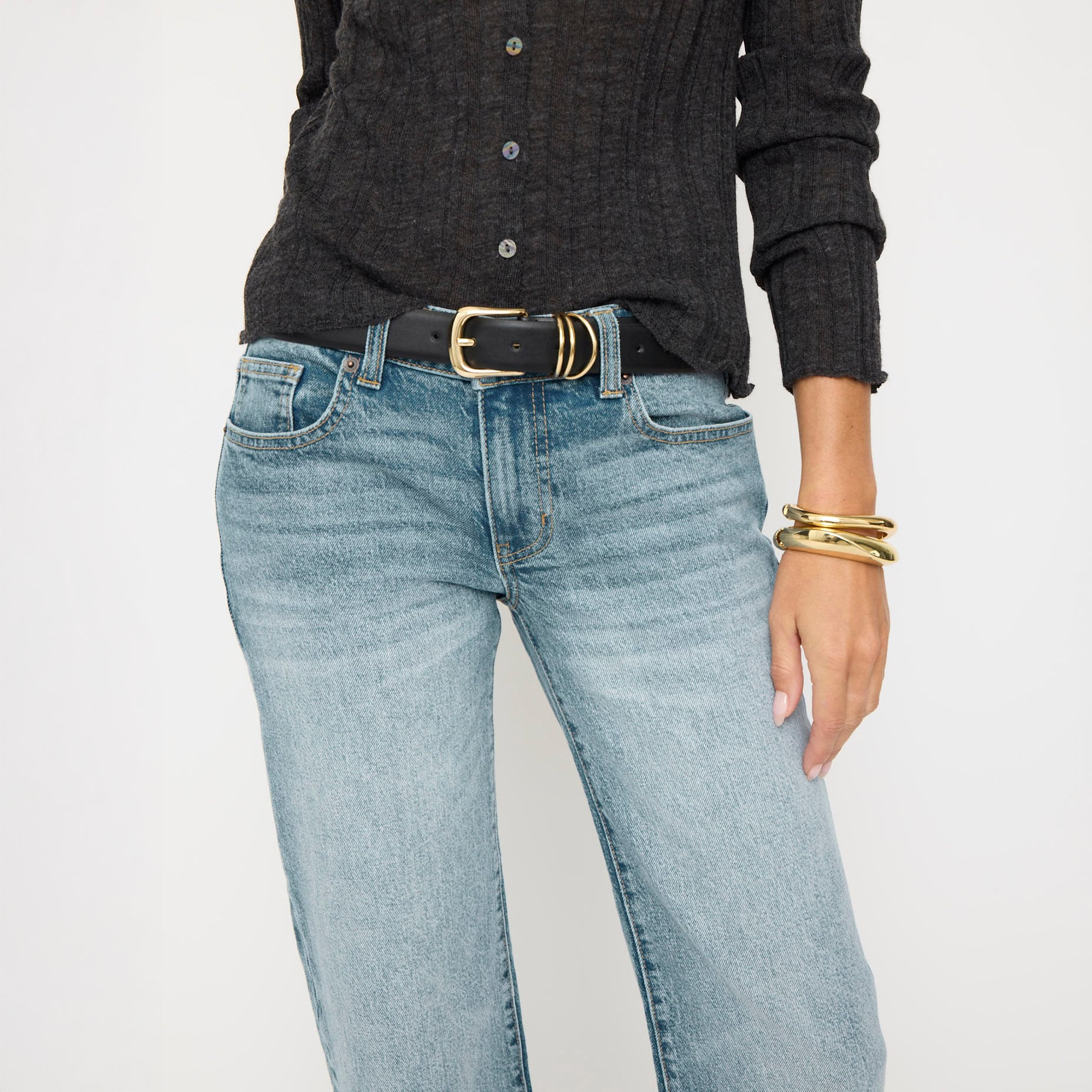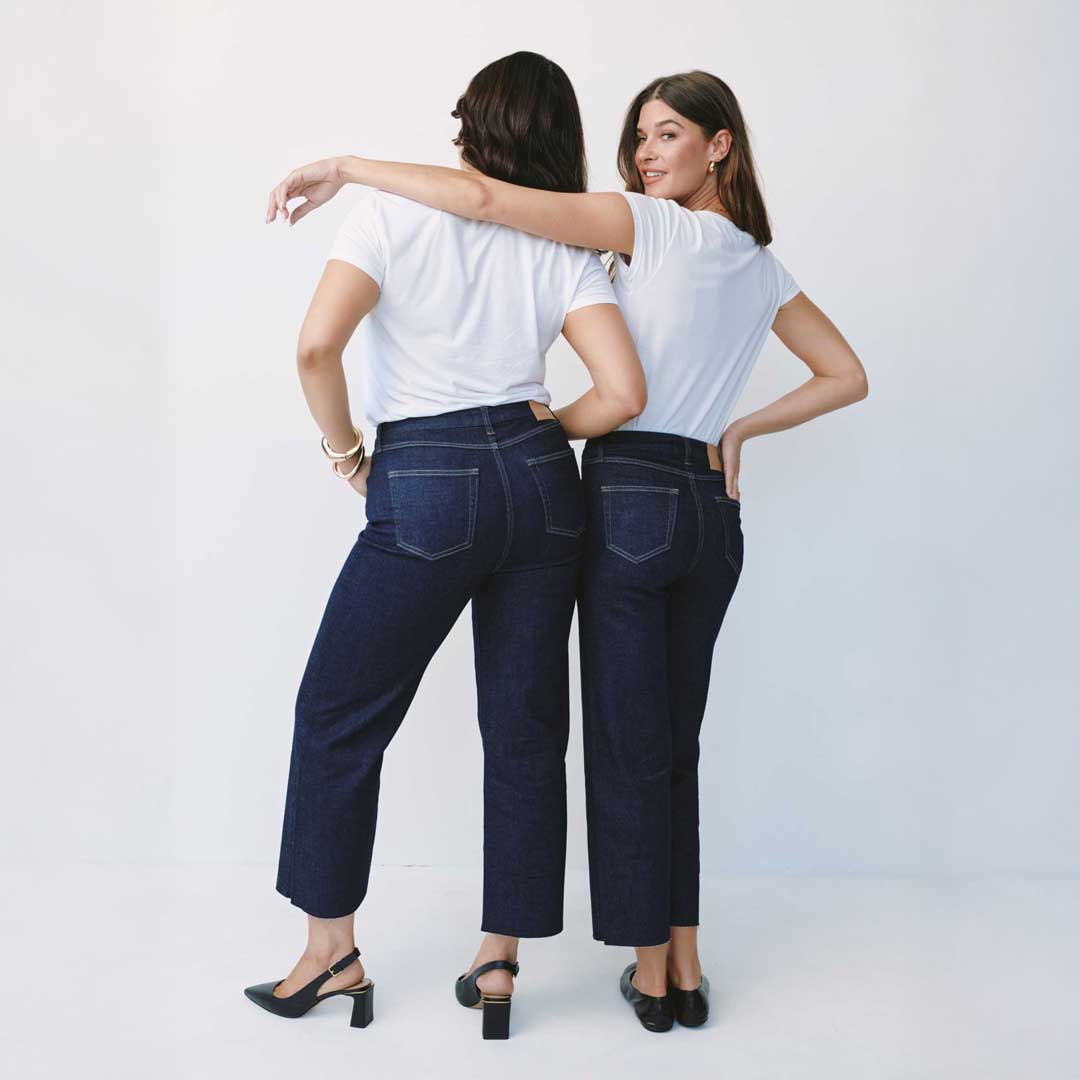Demystifying The Acronyms & How to Spot Greenwashing
As conscious consumerism continues to gain momentum, understanding the labels brands stand behind is becoming increasingly important. Understanding what’s what when it comes to those lengthy acronyms and how to tell if the brands you love are greenwashing or not are key to building your forever wardrobe.
Researching and Discovering Ethical and Sustainable Brands
To uncover ethical and sustainable clothing brands, rely on platforms like Good On You and Eco-Stylist, which curate collections of brands dedicated to ethical practices and sustainability. Tracking ethical fashion bloggers and influencers who candidly share about green brands is another great way to stay informed.
The Certifications, Explained
- Fair Trade: A certification ensuring fair wages, safe working conditions, and community development in the fashion industry.
- GOTS (Global Organic Textile Standard): A certification guaranteeing organic fibers, eco-friendly processes, and social responsibility throughout the textile supply chain.
- WRAP (Worldwide Responsible Accredited Production): A non-profit organization that offers an independent certification program that focuses on ensuring that factories and facilities meet specific standards regarding labor practices, workplace conditions, and environmental responsibility.
Regarding fashion Fair Trade, GOTS, and WRAP are the three certifications you want to look out for. Additional programs and organizations that ensure sustainability, transparency, and ethical labor practices are:
- Cradle to Cradle Certified™: Assesses products and materials based on their environmental impact, including material health, renewable energy usage, water stewardship, and social fairness.
- BlueSign®: Focuses on the environmental impact of the entire textile supply chain, ensuring safe and sustainable production processes, responsible water and energy use, and worker health and safety.
- SA8000®: Ensures social accountability standard that assesses companies' ethical treatment of workers, covering areas such as child labor, forced labor, health and safety, working hours, and fair wages.
- Climate Neutral Certified: This certification is awarded to companies that measure, reduce, and offset their carbon footprint, actively working towards carbon neutrality to combat climate change.
- Responsible Wool Standard (RWS): The RWS certification ensures the welfare of sheep and the sustainable management of land in wool production, promoting good farming practices and fair treatment of animals.
Beware of Greenwashing
Unsurprisingly, some brands have taken to sustainably as more of a “trendy” statement than a core value. Vague terms like "eco-friendly" or "green" without specific details or certifications can be a red flag. Remember, if a brand is ethical, they want you to know. GreenStory is a third-party organization that helps quantify a brand’s sustainability efforts and provides real-time updates letting the customer see the eco-impact of their purchase.
Understanding the acronyms and figuring out what's truly sustainable is critical to being a conscious consumer, but it does take some effort on the shopper’s part. So, the next time you go shopping, take a moment to breathe and think. Check out the brand's "About" or "Our Story" page to get a feel for who they are. If they claim sustainability, look for legitimate certifications before taking their word for it. Genuine green brands are proud of their eco-efforts and want you to know about them.













Leave a comment